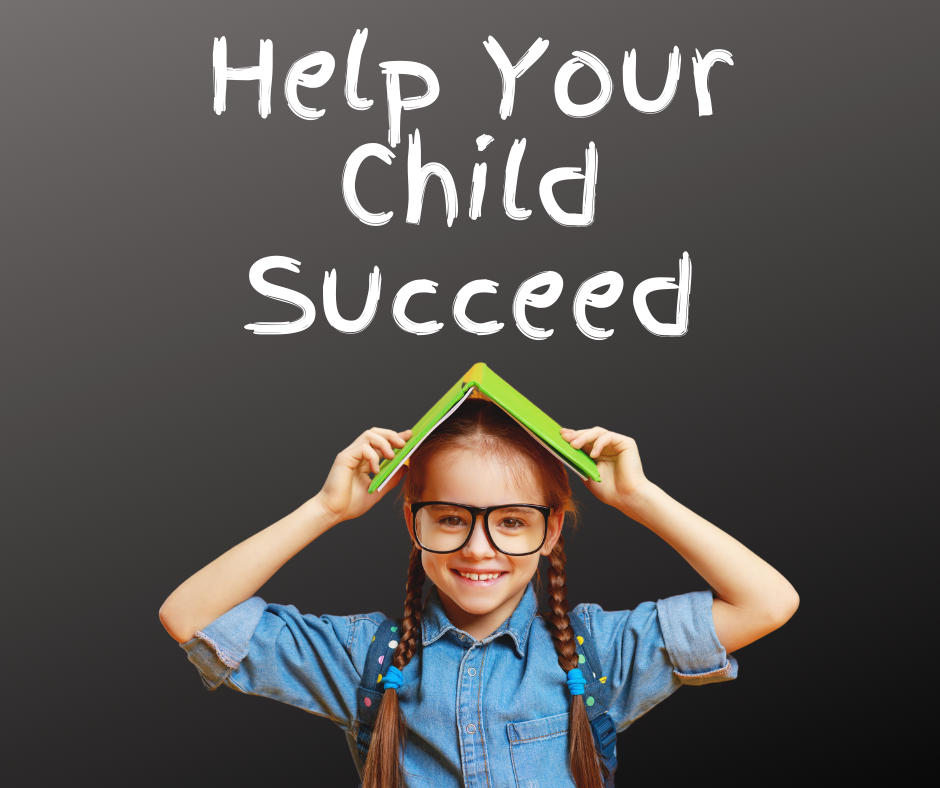How You Can Help Your Child Excel in School This Year
 How You Can Help Your Child Excel in School This Year
How You Can Help Your Child Excel in School This Year
The start of a new school year can be overwhelming, even for the most confident children. That’s why parents are doing whatever they can to help their children successfully transition to the next academic grade. Below, we share our top tips for parents, so they can ensure that their child’s vision is a tool for success in school.
1. Balance Indoor and Outdoor Time
Outdoor play offers numerous benefits, but many children aren’t getting enough of it. Most children spend much of their time indoors, whether in a classroom, at home, or in after-school activities.
Kids who regularly play outdoors have improved motor skills, feel more independent, and practice important social skills.
But the main benefit of “outdoor time” that eye doctors like to focus on is the lower incidence of myopia (where distant objects appear blurry). Numerous studies published in journals like Ophthalmic Research and Review Of Optometry have shown that children who spend 1.5-2.5 hours per day outdoors during the daytime have a reduced risk of becoming myopic or, if they have myopia, it progresses at a slower pace.
Sending your kids outside to play every day will help their vision, overall health, and contribute to academic success.
2. Encourage Your Child To Take Frequent Breaks
Once the new school year begins, students are often busy with daily homework, reading assignments, and visually demanding recreational activities like video games.
While all of these activities are important, they shouldn’t be done without periodic breathers.
Eye strain is a real concern for the many students who spend hours in front of a book or screen and can put a damper on their grades.
Minimally, have your child follow the 20-20-20 rule: every 20 minutes they should focus for 20 seconds on an object that’s at least 20 feet away.
Even better, encourage slightly longer breaks for a snack in the sun, or a quick walk around the block to allow their eyes to focus on more distant objects.
3. Have Their Eyes Examined by an Optometrist
Whether or not your child wears glasses, yearly eye exams will help ensure healthy visual development.
It’s no surprise that children who don’t see well perform at a lower level than their peers. In some cases, young children aren’t even aware that their vision has changed, or they may not be able to verbally express it.
At our practice, our eye exams go far beyond the standard vision screenings offered in school. We thoroughly check your child’s eye health and several visual skills, including visual acuity, focusing, tracking and teaming.
If your child has myopia we will discuss if they are a candidate for myopia management. Myopia management treatments can slow or stop myopia in children and teens and doing so will minimize their risk of developing serious eye diseases later in life.
4. Filter Out Blue Light
Now, more than ever, children’s eyes are focusing on screens of all shapes and sizes. While science hasn’t yet confirmed the damaging effects of blue light on a child’s eyes, one thing is certain: blue light exposure (especially in the evening) can lead to reduced sleep quality.
Good-quality sleep is crucial for cognitive and physical development, which is why many parents purchase blue light glasses or utilize blue light filters such as screens and software on devices. Blue light also contributes to digital eye strain, leading to symptoms like eye pain, headaches, blurred vision and dry eyes. If your child uses a tablet, smartphone, or computer before bedtime, speak with us about whether blue light glasses or lens coatings can help.
Give your child the tools they need to succeed! To schedule your child’s back-to-school eye exam, Schedule an Appointment or see a list of all providers at Treehouse Eyes today.